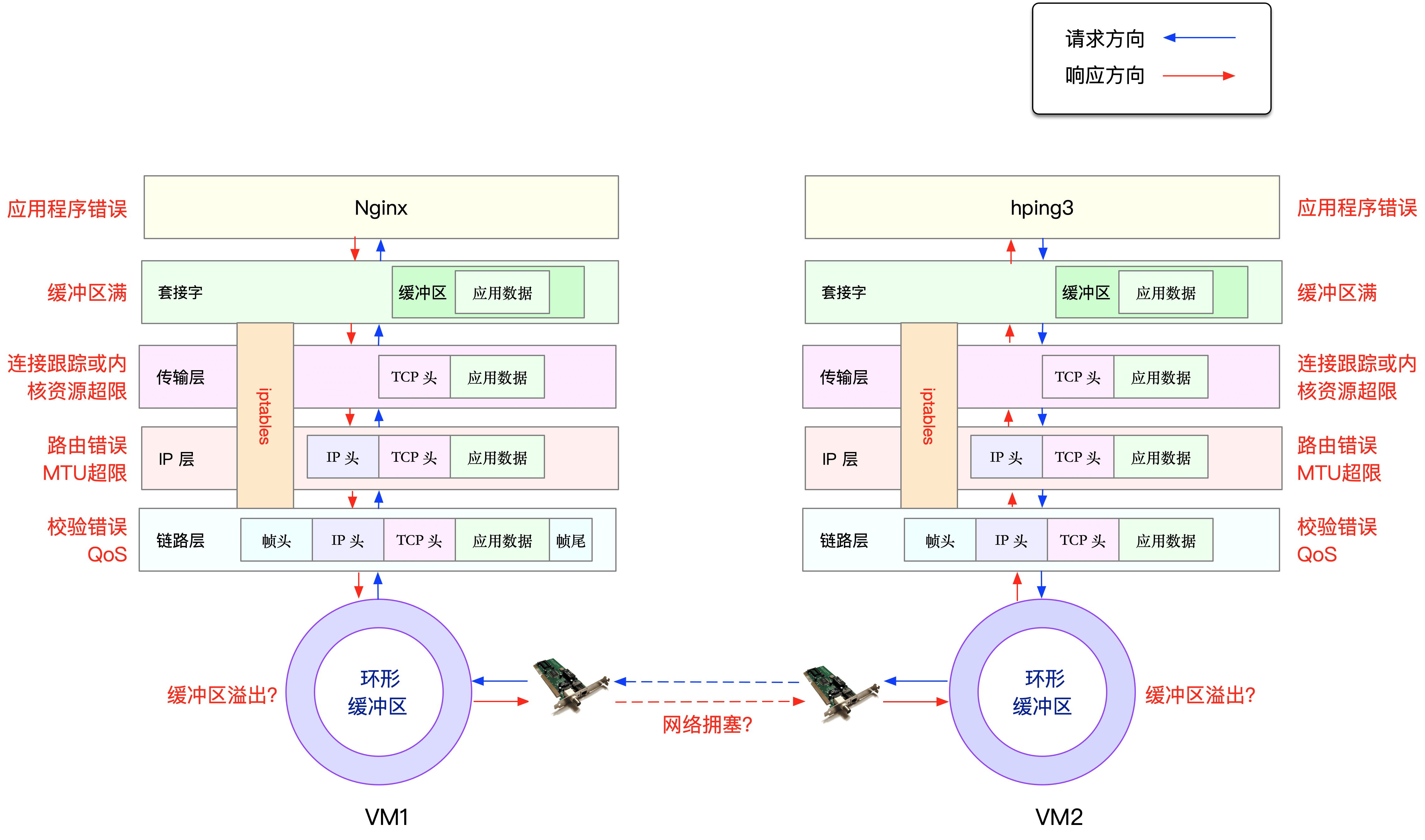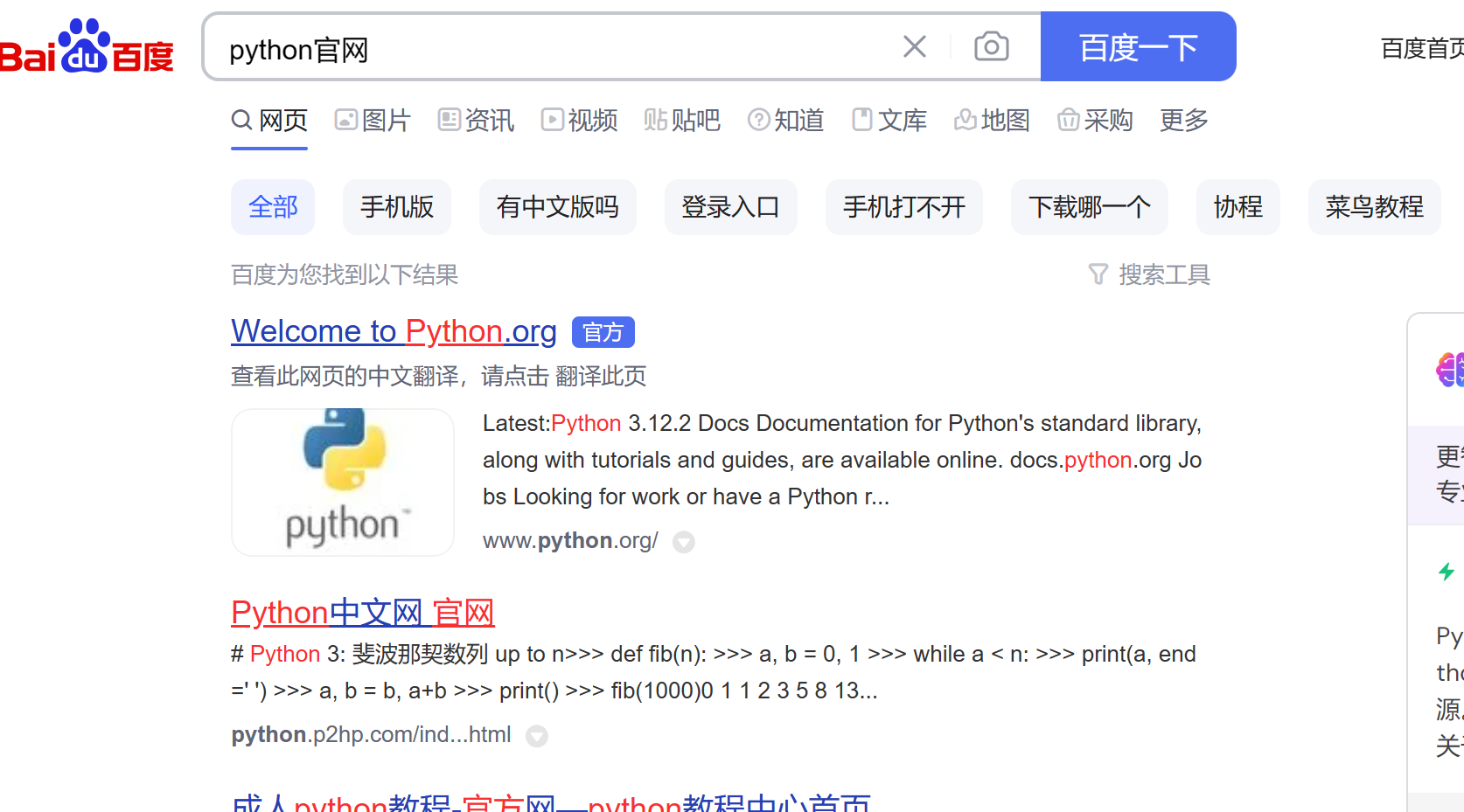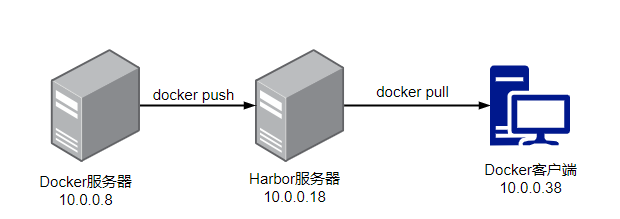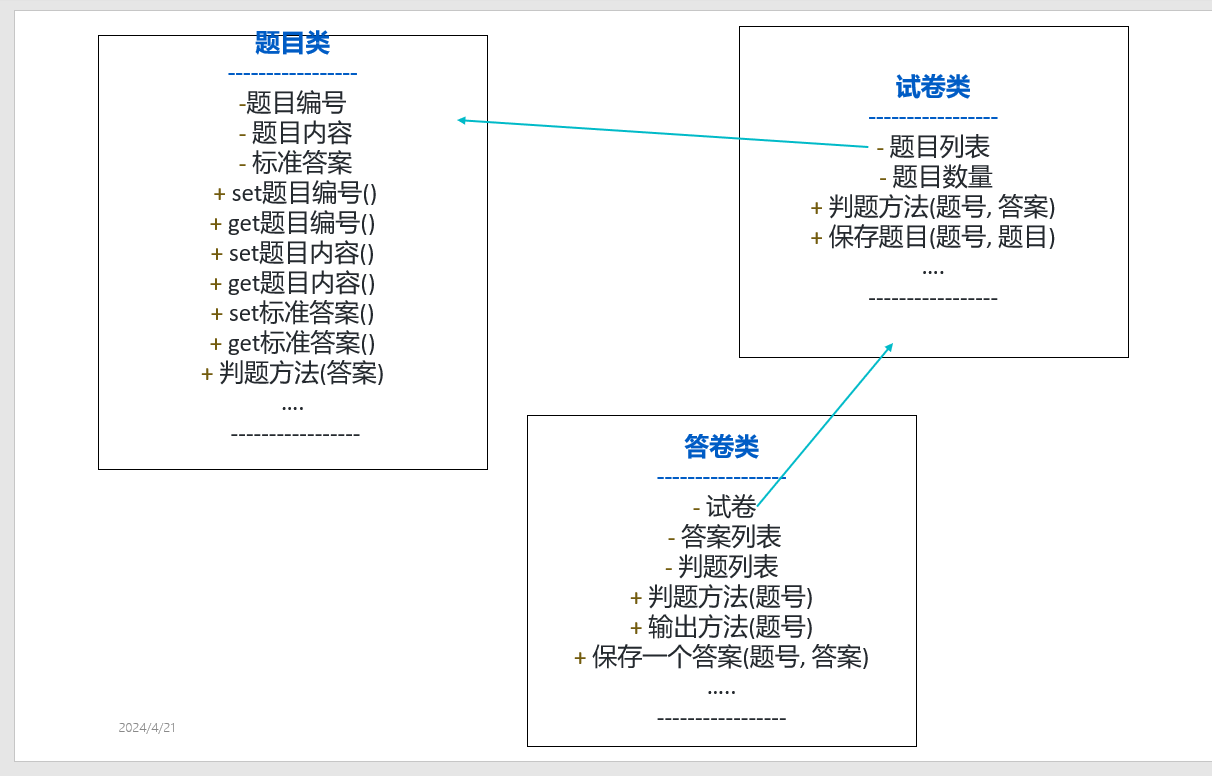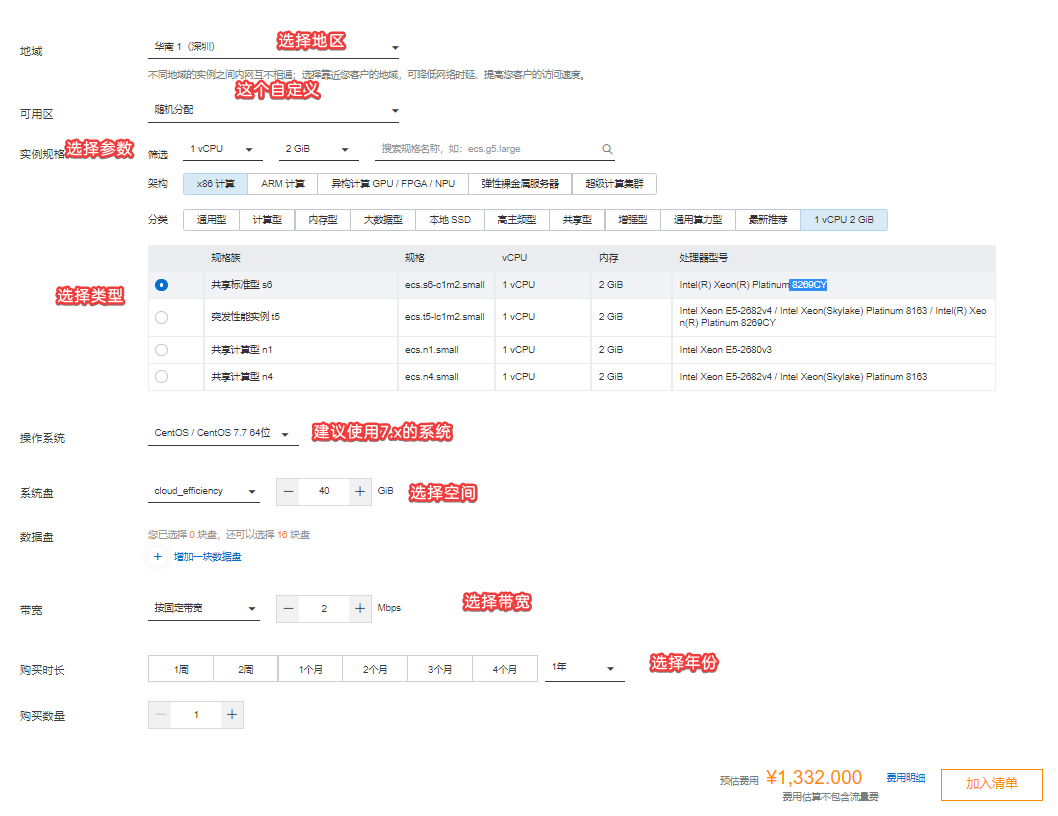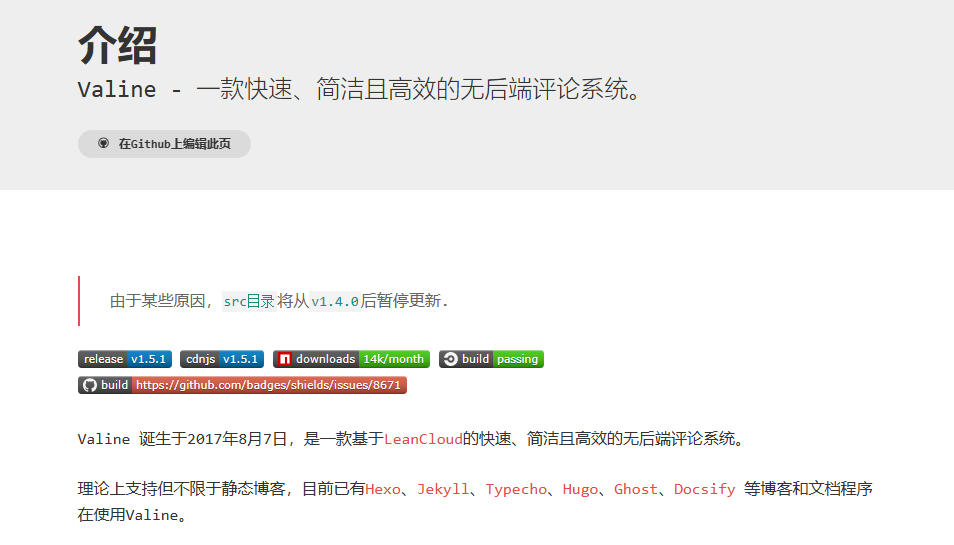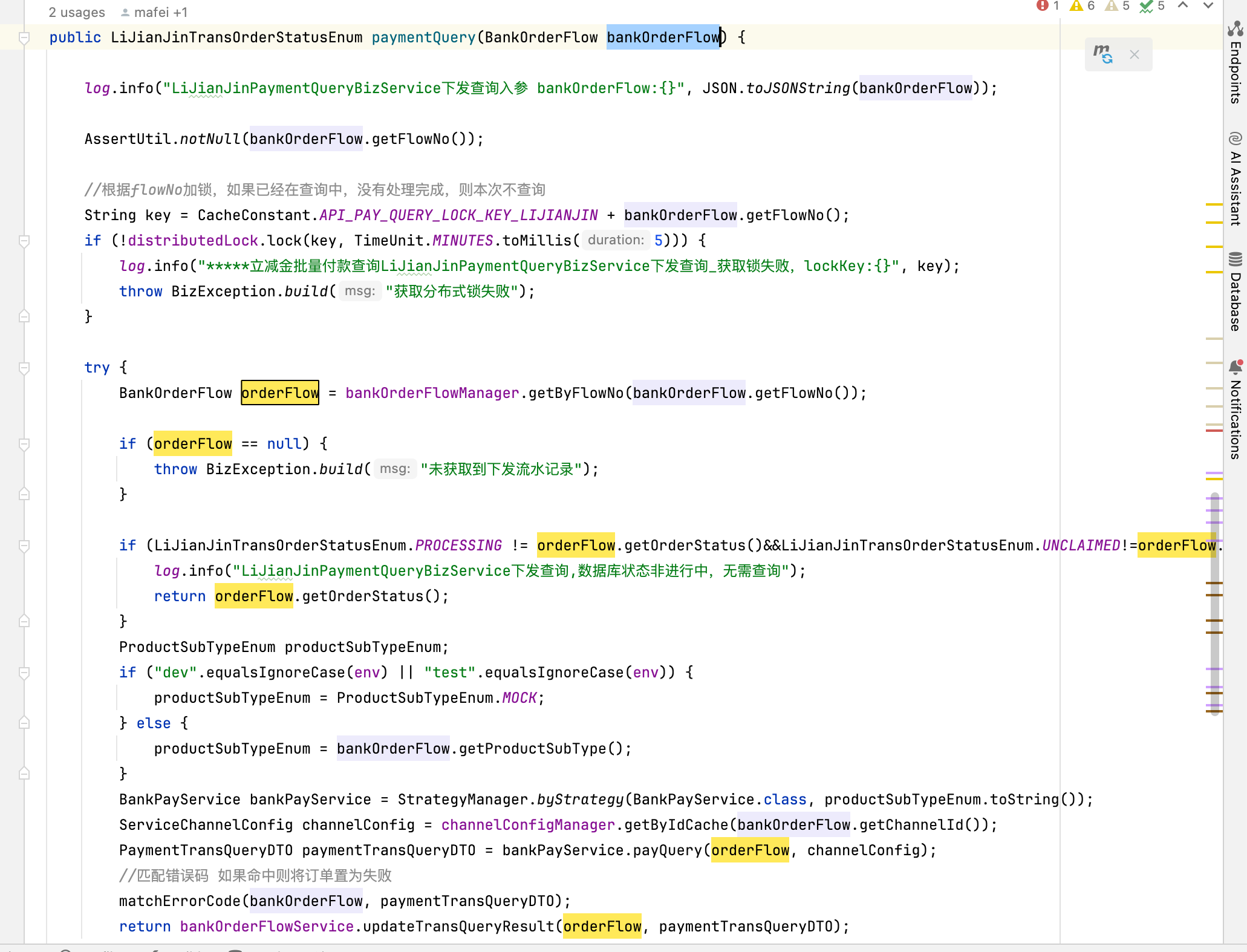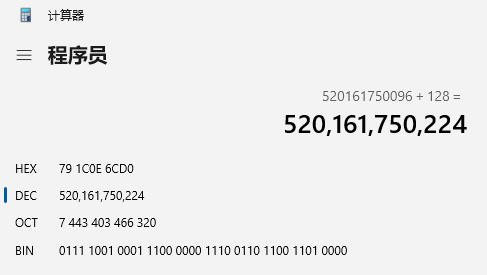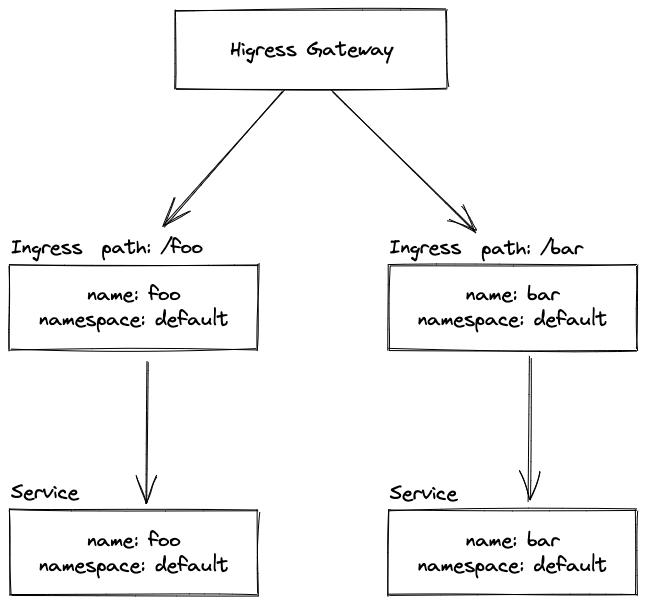第一步:
我们需要在src/main下面建立一个cpp目录,然后在其中写一个CMakeLists.txt文件和一个cpp文件,直接给出代码:
#CMakeLists.txt文件
# For more information about using CMake with Android Studio, read the # documentation: https://d.android.com/studio/projects/add-native-code.html # Sets the minimum version of CMake required to build the native library. cmake_minimum_required(VERSION 3.18.1) # Declares and names the project. project("hellondk") # Creates and names a library, sets it as either STATIC # or SHARED, and provides the relative paths to its source code. # You can define multiple libraries, and CMake builds them for you. # Gradle automatically packages shared libraries with your APK. add_library( # Sets the name of the library. hellondk # Sets the library as a shared library. SHARED # Provides a relative path to your source file(s). native-lib.cpp) # Searches for a specified prebuilt library and stores the path as a # variable. Because CMake includes system libraries in the search path by # default, you only need to specify the name of the public NDK library # you want to add. CMake verifies that the library exists before # completing its build. find_library( # Sets the name of the path variable. log-lib # Specifies the name of the NDK library that # you want CMake to locate. log) # Specifies libraries CMake should link to your target library. You # can link multiple libraries, such as libraries you define in this # build script, prebuilt third-party libraries, or system libraries. target_link_libraries( # Specifies the target library. hellondk # Links the target library to the log library # included in the NDK. ${log-lib})
native-lib.cpp文件的代码如下:
#include <jni.h> #include <string> extern "C" JNIEXPORT jstring JNICALL Java_com_example_myapplication_MainActivity_stringFromJNI( JNIEnv* env, jobject /* this */) { std::string hello = "Hello from C++"; return env->NewStringUTF(hello.c_str()); }
然后在app/build.gradle文件中添加以下代码:
android { namespace 'com.example.myapplication' compileSdk 32 defaultConfig { applicationId "com.example.myapplication" minSdk 21 targetSdk 32 versionCode 1 versionName "1.0" testInstrumentationRunner "androidx.test.runner.AndroidJUnitRunner" externalNativeBuild { cmake { cppFlags "" } }//新增代码 } buildTypes { release { minifyEnabled false proguardFiles getDefaultProguardFile('proguard-android-optimize.txt'), 'proguard-rules.pro' } } compileOptions { sourceCompatibility JavaVersion.VERSION_1_8 targetCompatibility JavaVersion.VERSION_1_8 } externalNativeBuild { cmake { path "src/main/cpp/CMakeLists.txt" //指定CMakeLists.txt文件的路径 } }//新增代码 }
接下来就可以调用c++代码了:
public class MainActivity extends AppCompatActivity { private TextView tv_display;
static{ System.loadLibrary("hellondk"); } @SuppressLint("MissingInflatedId") @Override protected void onCreate(Bundle savedInstanceState) { super.onCreate(savedInstanceState); setContentView(R.layout.activity_main); tv_display = findViewById(R.id.tv_display); tv_display.setText(stringFromJNI()); } public native String stringFromJNI(); }
需要注意的是:本地函数声明public native String stringFromJNI()一定要在Java_com_example_myapplication_MainActivity_stringFromJNI函数名指定的包和类下,要不然程序会出错。






